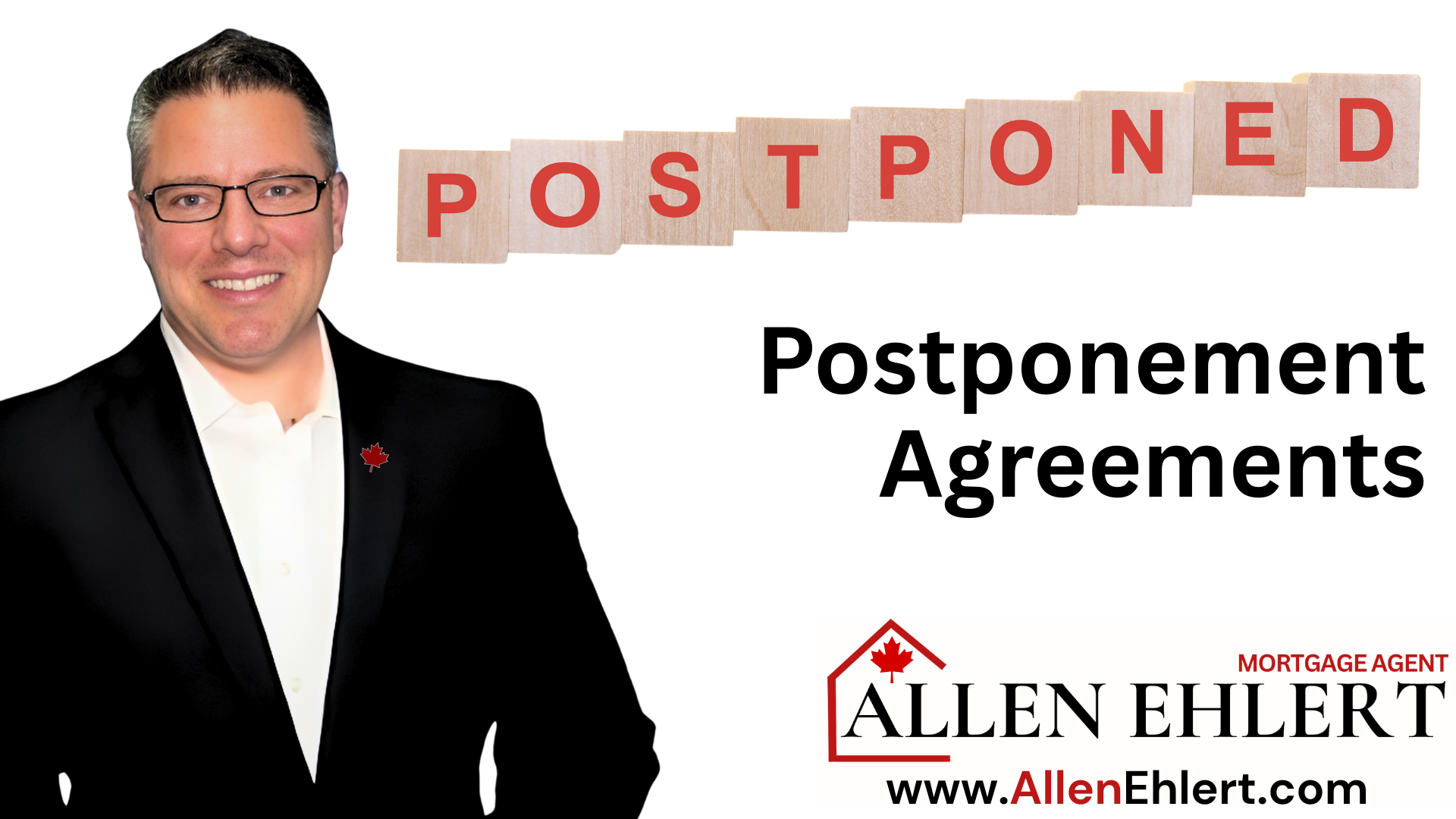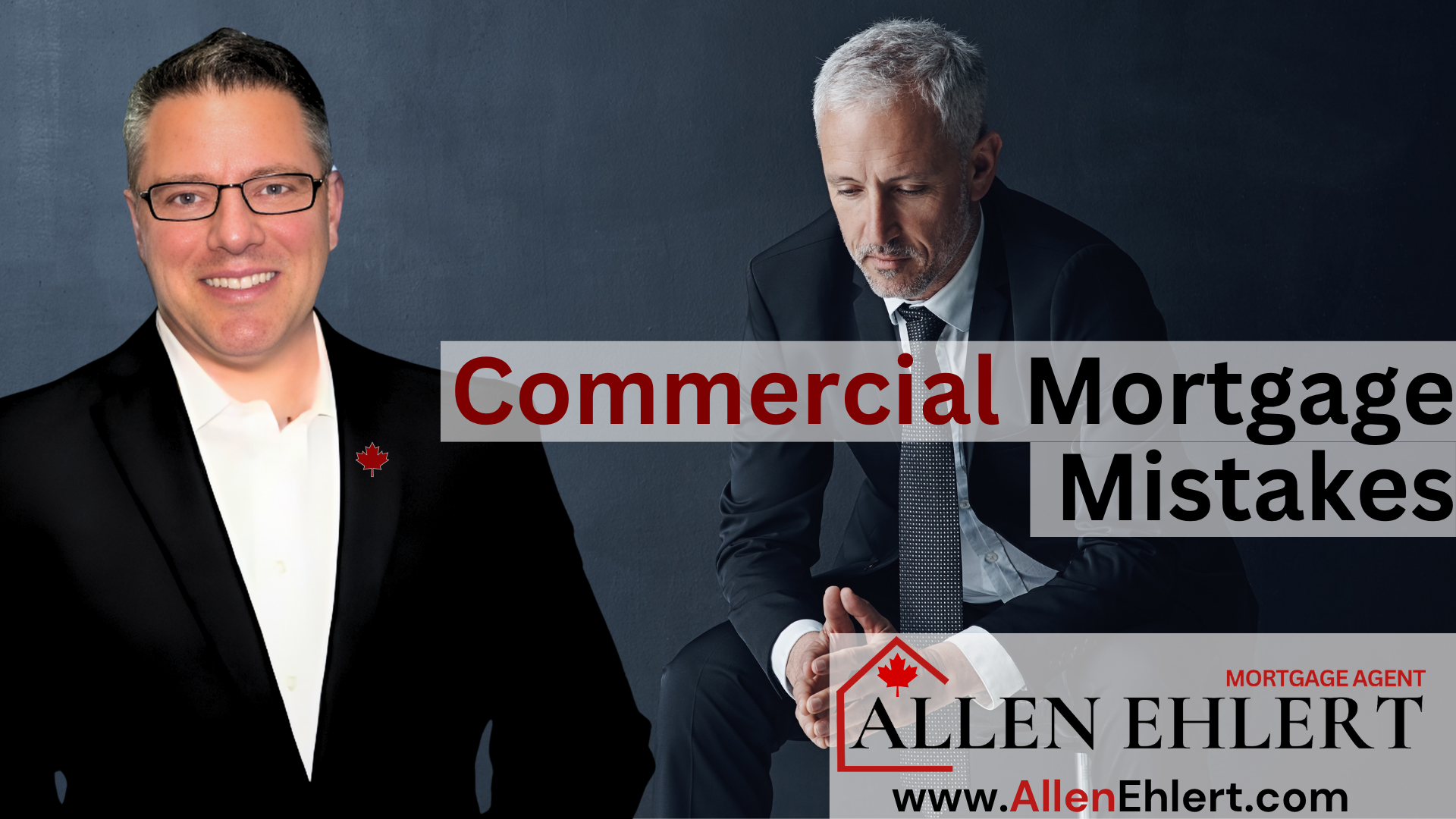As a licensed mortgage agent dedicated to helping clients find innovative, flexible, and responsible solutions to their real estate financing challenges, I occasionally come across lenders who are truly doing things differently—and doing them well. One such lender is Fraction, a name many clients may not be familiar with yet, but one that is absolutely worth knowing. If you’ve been exploring options that balance affordability, flexibility, and strategic financial planning, Fraction may offer precisely what you need.
What Kind of Lender is Fraction?
Who Is an Ideal Client for Fraction?
Who Is Fraction?
Fraction is a non-traditional mortgage lender operating in Ontario and British Columbia, focused on helping homeowners access their equity without the burden of monthly payments. While not a reverse mortgage provider in the conventional sense, and not a private lender in the typical high-interest, short-term mold, Fraction occupies a hybrid space—offering a structured five-year term loan secured against home equity with no monthly mortgage payment requirement.
What does this mean? It means you can access up to 40% of your home’s value without making monthly payments, while still maintaining ownership and flexibility. Clients can repay the loan in full at any time with no prepayment penalty, making this a powerful option for those seeking short-to-medium term liquidity.
What Kind of Lender is Fraction?
Fraction is a fintech lender. Fraction’s approach offers an alternative for homeowners seeking to unlock home equity without the constraints of traditional loans or the age restrictions of reverse mortgages. This model is particularly beneficial for individuals looking to manage cash flow, invest in property improvements, or support family financial needs without immediate repayment pressures.
Why Choose Fraction?
Clients choose Fraction for several compelling reasons—especially when conventional financing just doesn’t fit. Here are three of the strongest:
- No Monthly Mortgage Payments
- Flexible Qualification Criteria
- Wider Eligibility Than Reverse Mortgages
No Monthly Mortgage Payments
This is the heart of Fraction’s value proposition. With a fully open five-year term and no requirement for monthly payments, homeowners can redirect cash flow toward other goals—be it managing debt, investing, or assisting family. This offers a tremendous buffer in uncertain times or during periods of transition.
Flexible Qualification Criteria
Fraction’s underwriting approach is more accommodating than traditional lenders. There are no minimum income thresholds tied to rigid GDS/TDS ratios, and income documentation only needs to show enough to cover property taxes and remaining debts. Clients with lower or irregular income, such as retirees or self-employed individuals, often qualify where they might not with banks or even alternative lenders.
Wider Eligibility Than Reverse Mortgages
Unlike traditional reverse mortgage lenders that cap loan-to-value based on age and require homeowners to be 55+, Fraction has no age minimum. Clients in their 30s, 40s, and 50s who wouldn’t qualify for a reverse mortgage but need equity access without monthly payments finally have a viable option.
Who Is an Ideal Client for Fraction?
Fraction is ideally suited for clients in the following situations:
- Self-employed individuals needing access to capital with limited verifiable income.
- Homeowners looking to restructure high-interest debt without monthly payment strain.
- Clients supporting family, such as providing down payment gifts to children.
- Homeowners in separation or divorce, who want to stay in the family home.
- Pre-retirees and retirees, looking to improve cash flow or delay portfolio withdrawals.
- Borrowers ineligible for reverse mortgages due to age or title ownership complexities.
The product shines especially bright for those who have a clear exit strategy—such as refinancing, property sale, or expected inheritance or portfolio maturity within the five-year term.
How Fraction Stands Apart
Whereas most private lenders focus on short-term, high-interest, monthly-payment-heavy loans, and reverse mortgages lock clients into complex, lifelong arrangements, Fraction sits uniquely in the middle. It gives homeowners time, space, and liquidity without the pressure of payments—yet allows a clean exit at any point.
Additional benefits that make Fraction distinct:
- Fully open term with no penalties to repay early.
- No sliding loan-to-value scale based on age, unlike reverse mortgages.
- Reasonable qualification requirements, including acceptance of foreign income and flexibility around title structure.
- Simple fee structure, with the 3% lender fee built into the loan, and only appraisal and legal fees payable upfront or from proceeds.
- Velocity and Filogix connectivity, allowing brokers to process applications easily.
My Final Thoughts
If you’re a homeowner with equity and in need of liquidity—but conventional financing doesn’t quite fit—Fraction may be the solution you didn’t know existed. Whether you’re looking to avoid cashing out investments, support your family, navigate a life transition, or just take a strategic financial pause, I can help assess whether this product is right for you.
Feel free to reach out to me directly for a personalized analysis. As always, my role is to align your goals with the most suitable mortgage solution on the market—and Fraction is one of those rare lenders that can offer just that.












